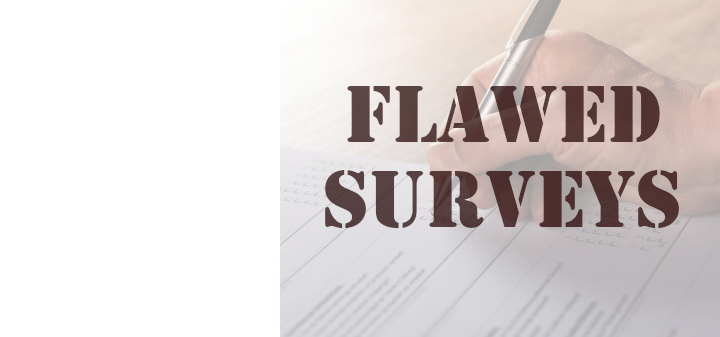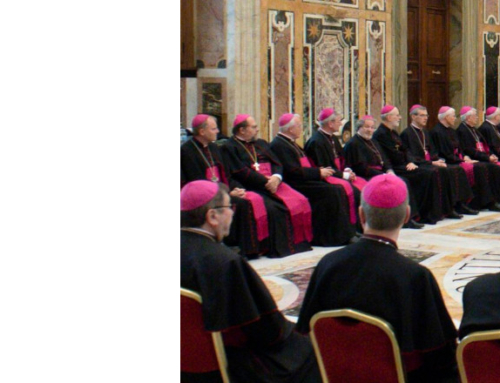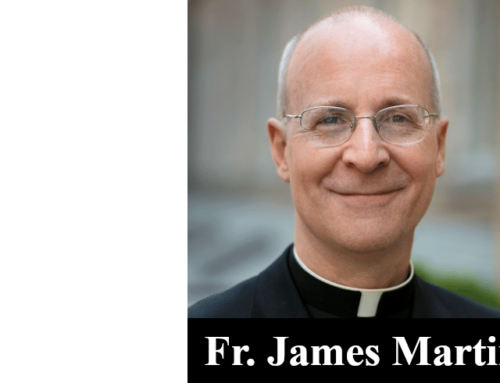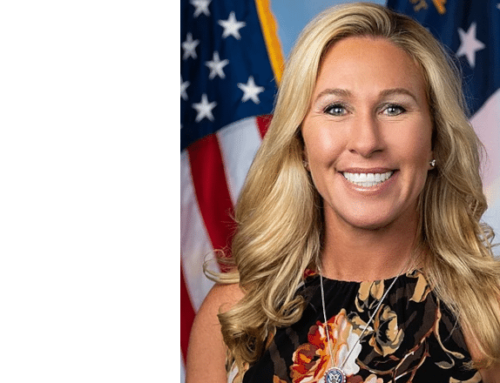Catholic League president Bill Donohue comments on a recent poll that received a lot of attention:
The recent Wall Street Journal/NORC survey (hereafter noted as the WSJ poll) on American politics and culture received a great deal of attention from all political perspectives. It had some good news and bad news for both liberals and conservatives. But the way some pundits interpreted the results was remarkable. Moreover, the poll itself was problematic.
The headline in Raw Story read, “New WSJ Poll Is Devastating For DeSantis And His ‘Anti-Woke Politics.’” To support this assertion, Josh Schwerin said, “A few findings from the new WSJ poll that should scare Republicans relying on ‘woke’ attacks” include the following:
1) Tolerance is as important as money
2) Book banning is far worse than offensive content
3) Majorities think society has been about right or not gone far enough on range of DEI issues
It is not hard to believe that most Americans believe tolerance is good, book banning is bad, and diversity in the workplace is good. The problem with this formulation is that it speaks to generalities, having little to do with the real world.
For example, to tolerate is to “put up with.” It does not mean approval. That’s not a small difference. One can tolerate people who wear earrings in their nose or tongue without approving of it.
More important, in the WSJ survey, it found that a plurality, 43 percent, said “our society has gone too far” in “accepting people who are transgender,” which was considerably more than those who said we have “not gone far enough” (33 percent), or we have been “about right” (23 percent). In short, when polls get specific, they better reflect the thinking of respondents.
It is incontestable that the censors of free speech in the United States are those on the left.
They won’t let conservatives speak on campus, and when they do they are shouted down. Any person who doesn’t approve of the LGBT agenda and who works in a college, university or Fortune 500 corporation is not likely to get ahead. Books and articles that challenge the reigning orthodoxy on campus are either never assigned, or their authors are subjected to vicious attacks by left-wing administrators, professors and students.
The book banning question in the survey would mean more if it made a deeper dive. For instance, New York Post columnist Betsy McCaughey recently described the contents of some children’s books found in school libraries.
“Sex ed in middle school now includes graphic lessons on anal sex, oral sex and masturbation, with stick figures to illustrate body positions.” In Massachusetts, she says, “curriculum tells seventh graders how to use cling wrap as a dental dam around their teeth for safe oral sex.”
Now if the question was, “Are books like these appropriate for middle school students?”, the response would likely be quite different.
When respondents were asked in the WSJ poll whether businesses have “gone too far,” “not gone far enough,” or have been “about right” in promoting “racial and ethnic diversity,” the figures were 28 percent, 39 percent and 31 percent, respectively.
Now if the same people were asked about corporate diversity programs based on critical race theory—they assume that all white people are racists and should admit to their racism—that would also elicit a different response.
There is something else about this survey that has gotten by virtually every person who has commented on it. The methodology is flawed.
In the WSJ poll, 44 percent identified as Democrats, yet in 2021 a Gallup poll found that only 29 percent of Americans identified as Democrats. Similarly, in the WSJ poll, 18 percent were Independents, yet in the Gallup survey, 42 percent of Americans identified as Independents. Republicans made up 38 percent of the respondents in the WSJ poll, yet according to Gallup the figure nationwide is 27 percent.
How can it be that in the Gallup poll of Americans, Independents are the largest segment of the country, yet in the WSJ poll they are the smallest?
In short, the wording of the WSJ poll was unsatisfactory and its sample was not representative of the population.







